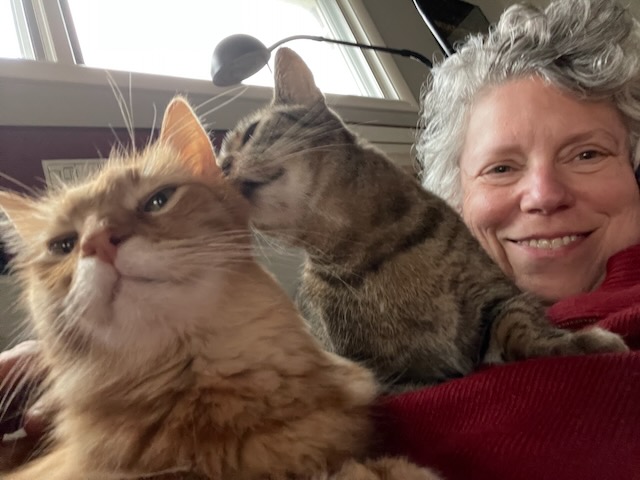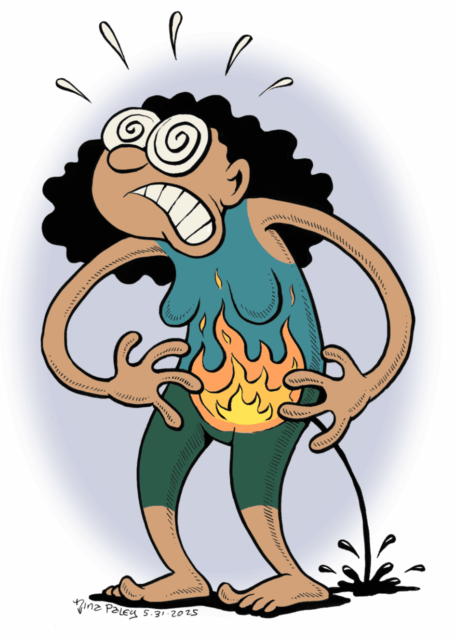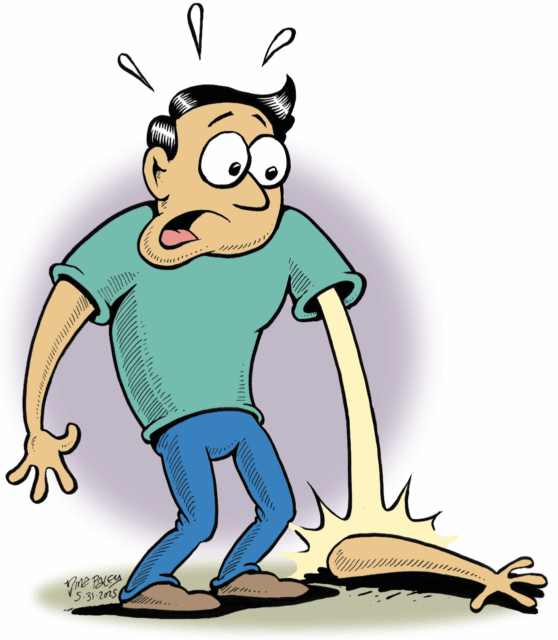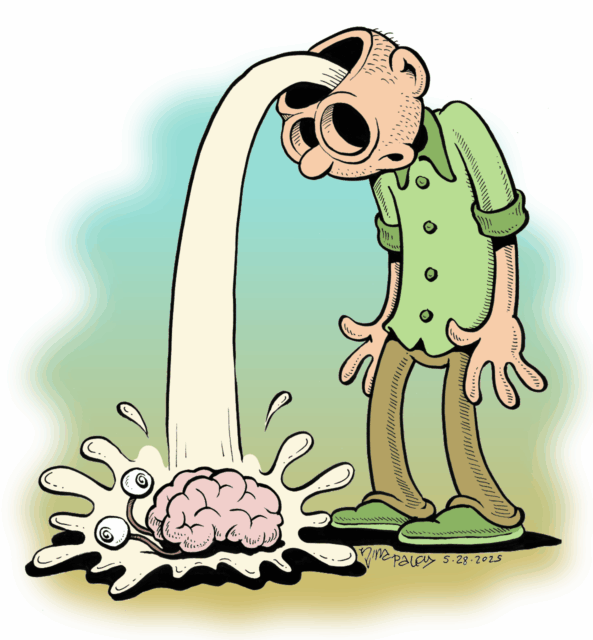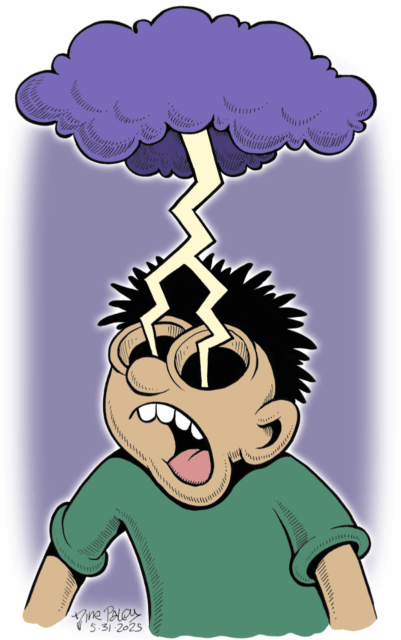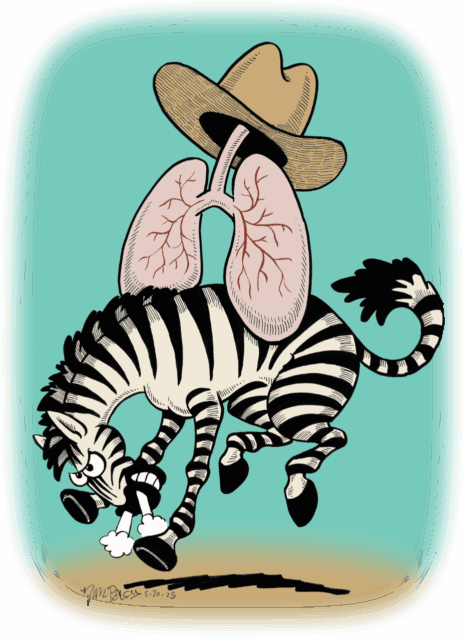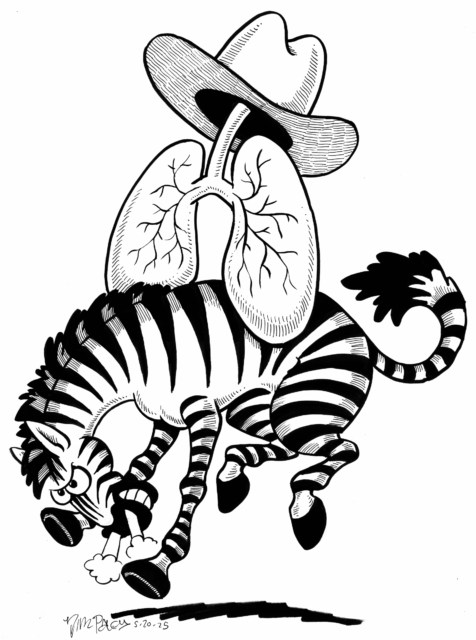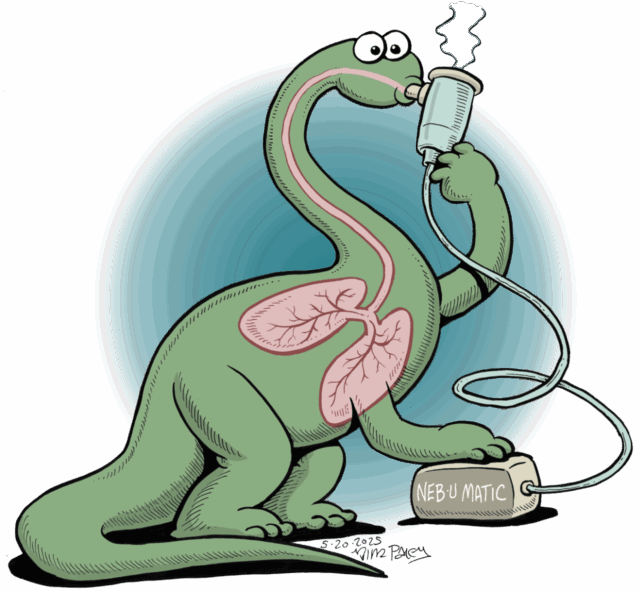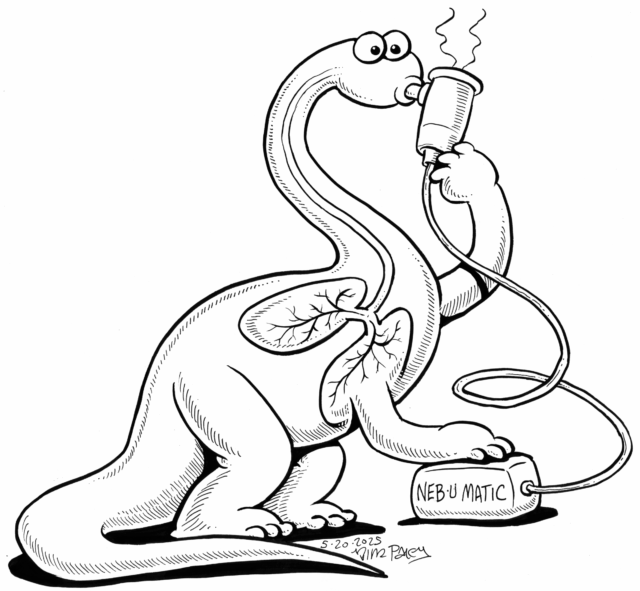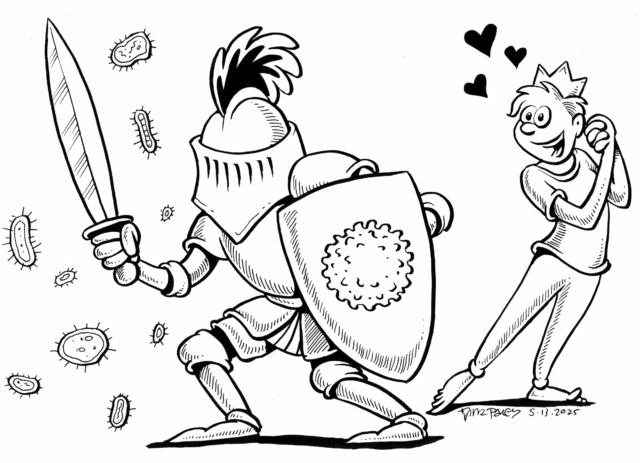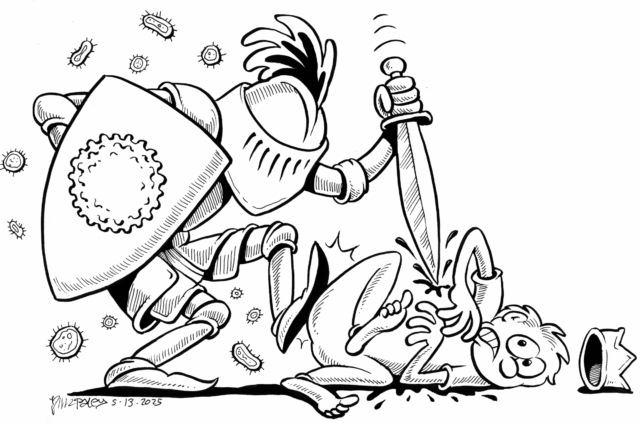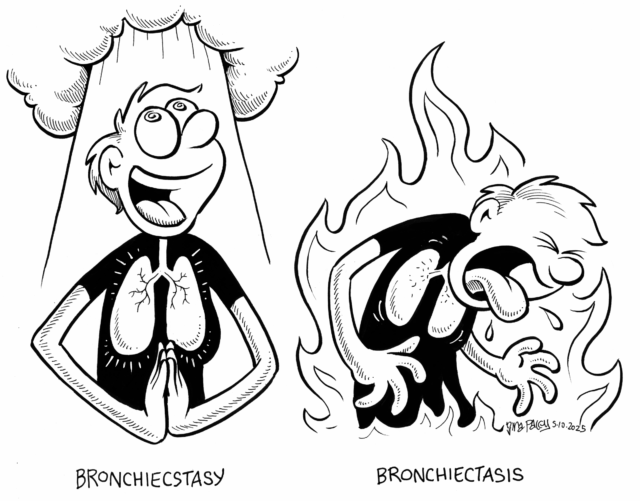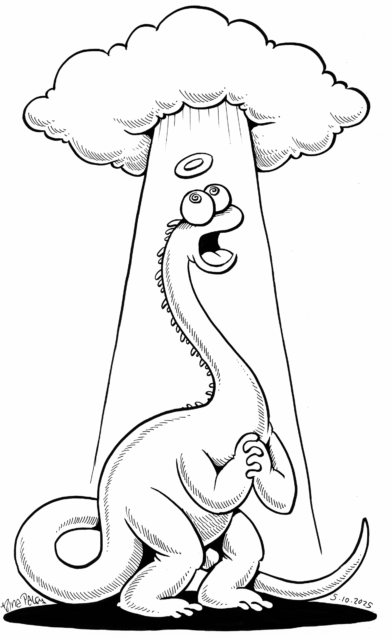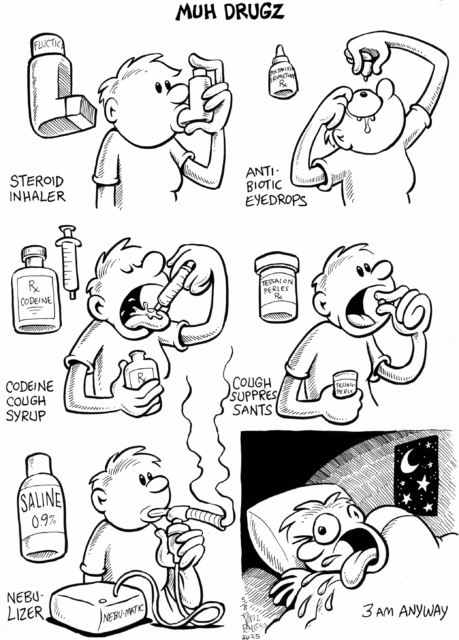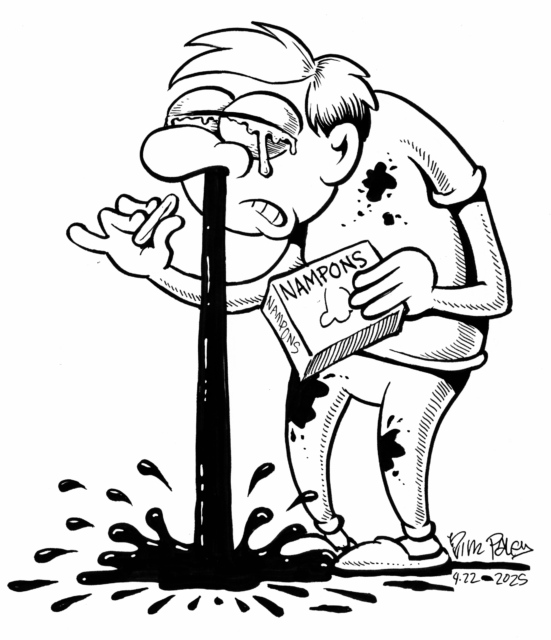A transcribed handwritten journal entry from this morning.
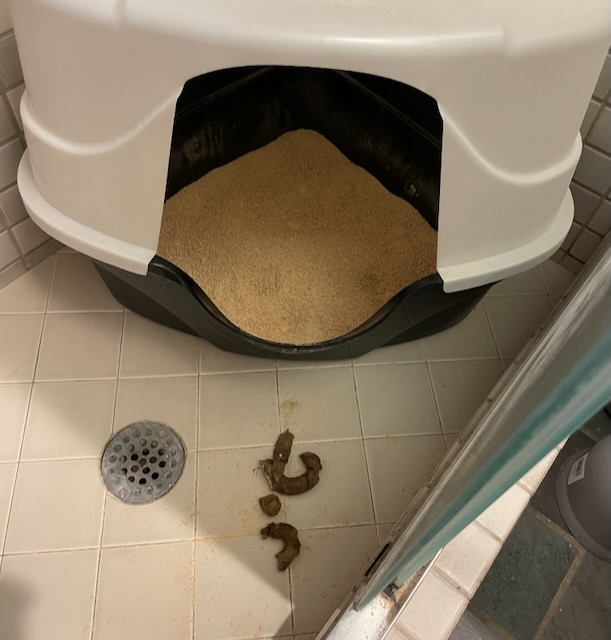
I’m mad at Lola, but being mad at her won’t stop her from walking across my pillow when I’ve just gotten back to sleep, much-needed sleep ended prematurely by this furry little bitch. Nor will it stop her dispensing poop on the counter as she licks herself from her latest diarrheic episode, nor will it stop her from sticking her ass over the opening of the litter box so she craps on the floor. It won’t stop me spending $100’s on special diet food and new litter boxes trying to manage this geriatric phase of my cats’ lives, even as I try to manage my bronchiectasis by upping my cleaning and attempts to sanitize everything. I need sleep for health, I need cleanliness for health, I need health. These fucking degenerate degenerating decrepit cats are…killing me? Are they killing me? I want to kill them sometimes. I need my fucking sleep.
I can pray but experience tells me I can only pray for acceptance. I must accept some situations are shit. If it’s not actually shit I can pray for the wisdom to see that, and if there’s anything I can change I can pray for the courage to change it… But I’m not gonna kill my cats. I love them.
Resentment is the flip side of love. Only by loving am I vulnerable enough to be hurt enough to resent. I’m extraordinarily vulnerable; I guess I’m extraordinarily loving. Did I love everyone who cancelled me? I loved the world and trusted people, yes. Did I love (unnamed psycho trans activist)? Not specifically, but a certain base level of trust and love of my fellow human beings was degraded by him. Did I love (relative)? On some primal level, sure, and now any shred of conscious love for him is gone, leaving only the dead weight of obligation.
My poor kitties, though. As much as they hurt me, they are innocent. I can’t lock them out at night because I love them and their cries would devastate me (and keep me up anyway). Poor Lola, who wants only love and closeness to me, and knows nothing of human hygiene, and is incapable of rudimentary reasoning because she is a cat and also may be going senile. She’s incapable of considering my needs or — ha-ha — any boundaries at all, because she is a cat.
But Lola is amply able to love me as only a cat can. She loves me, this I know. It’s a love devoid of human respect or empathy; it’s about pure closeness, primal trust/dependence, and touch. I need these things in my life too. So I’m grateful for my evil fucking cats.
